Past Events
2025
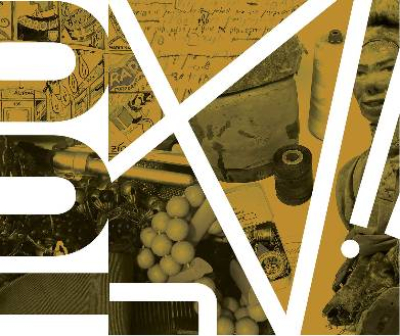
100 Objects from the Collections of the YIVO Institute
Join YIVO Director of Collections Stefanie Halpern for a discussion that highlights how 100 Objects from the Collections of the YIVO Institute for Jewish Research traces the organization’s role in documenting key moments in modern Jewish history and culture through its 100 years of collecting.
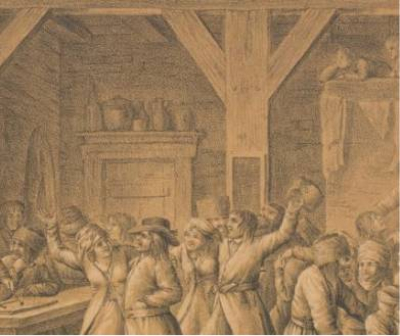
The Jewish Inn in Polish Culture
Halina Goldberg, Glenn Dynner, Beth Holmgren, and Eliza Rose highlight a newly published volume about the Jewish inn, a central pillar of economic and social life in Polish lands before World War II.
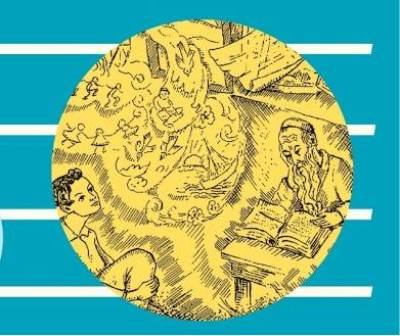
Modern Jewish Worldmaking Through Yiddish Children's Literature
Miriam Udel, in conversation with Marjorie Ingall, shows how Yiddish authors confronted practical limits on their ability to forge a fully realized nation of their own and focused instead on making a symbolic and conceptual world for Jewish children to inhabit with dignity, justice, and joy.
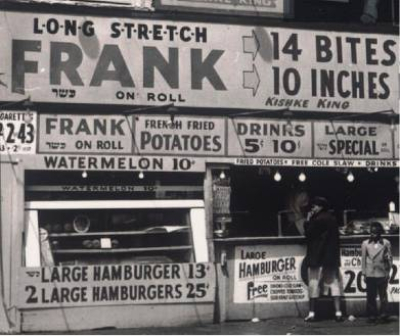
The Tourist's Guide to Lost Yiddish New York City
Henry H. Sapoznik offers a vivid and entertaining look at New York’s lush Ashkenazic past and present that showcases the culture’s persistent resiliency, in a conversation led by Eddy Portnoy.
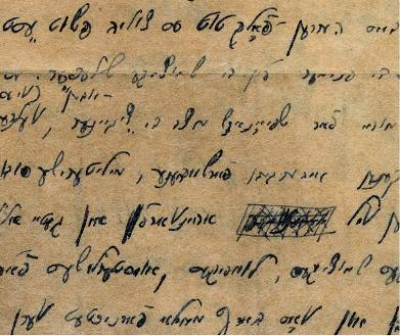
[FALL2025] YIVO and the Oyneg Shabes Archive: A Centennial Reflection
Explore the historical connection between YIVO and the Oyneg Shabes Archive—the secret archive organized by Emanuel Ringelblum in the Warsaw Ghetto.
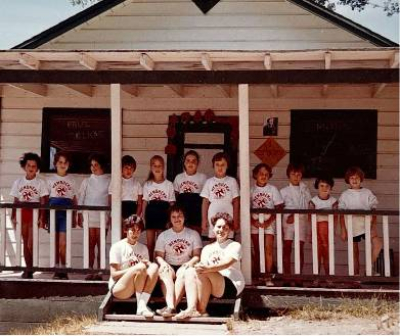
"Yiddish Pills" and Summer Thrills: Reconstituting Yiddishism at Camp Hemshekh
In this talk, Sandra Fox will discuss how the founders and leaders of Camp Hemshekh embraced the sleepaway camp as a potential cure for Yiddish cultural and linguistic decline, and how they created a new purpose for and style of Yiddishism for the postwar moment.
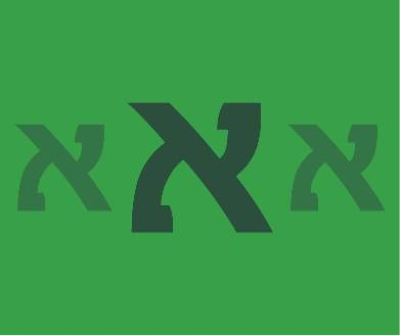
[FALL2025] Beginner I Yiddish (Early Sunday Afternoon)
This weekly class covers the alef-beys and grammar, vocabulary, and conversational basics. It is for those who are new to the Yiddish language or would like a review.
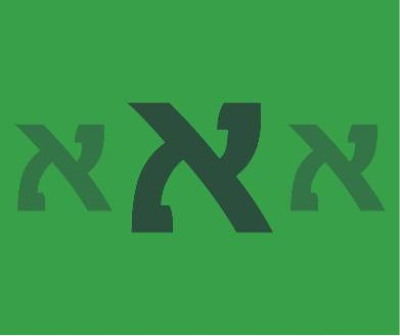
[FALL2025] Beginner I Yiddish (Sunday Afternoon)
This weekly class covers the alef-beys and grammar, vocabulary, and conversational basics. It is for those who are new to the Yiddish language or would like a review.
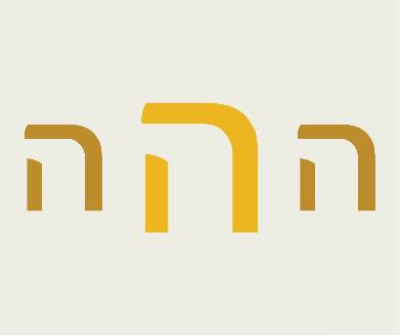
[FALL2025] Advanced Topics in Yiddish Literature & Grammar: "Yiddish" as a Theme in Yiddish Literature
This weekly class enhances listening, speaking, writing, and reading skills. It is is appropriate for Yiddish students at the advanced level.
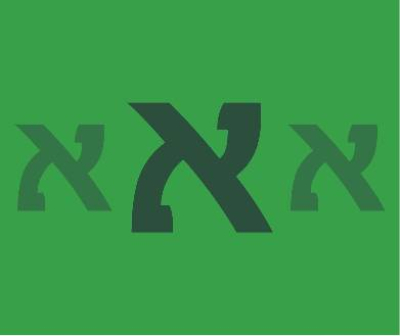
[FALL2025] Beginner I Yiddish (Sunday Morning)
This weekly class covers the alef-beys and grammar, vocabulary, and conversational basics. It is for those who are new to the Yiddish language or would like a review.
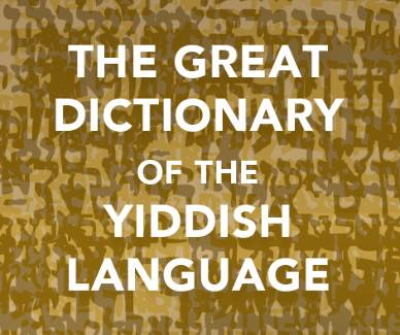
The Great Dictionary of the Yiddish Language
Join YIVO for the world premiere production of The Great Dictionary of the Yiddish Language, a new chamber opera with music by Pulitzer Prize finalist Alex Weiser and libretto by Ben Kaplan, which tells the remarkable true story of Yiddish linguist Yudel Mark’s unfinished effort to create a comprehensive Yiddish dictionary.

[FALL2025] Advanced I Yiddish (Thursday)
This weekly class enhances listening, speaking, writing, and reading skills. It is primarily for students who have completed Intermediate IV Yiddish or equivalent coursework.
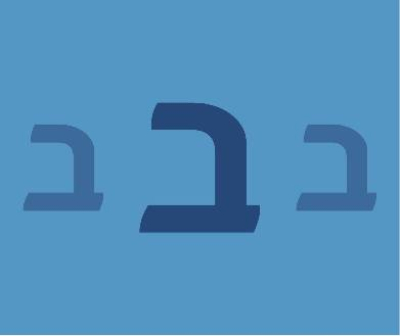
[FALL2025] Beginner III Yiddish (Thursday)
This weekly class develops listening, speaking, writing, and reading skills. It is primarily for students who have completed Beginner II Yiddish or equivalent coursework.
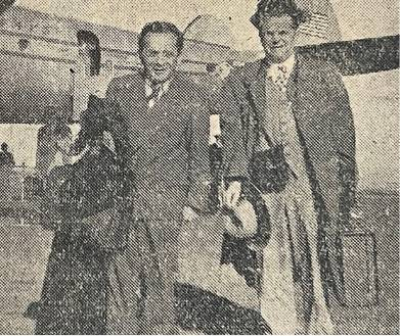
Taking Yiddish Science Global: YIVO’s Foreign Branches, 1925-1994
This lecture by William Pimlott tells the story of how YIVO became a global institution and the new and different stories that YIVO's Friend Societies tell about 20th century Jewish history.
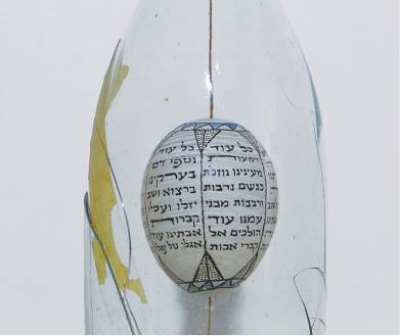
Polish Jewish Collecting and Museums, 1891–1941
Sarah Ellen Zarrow, in conversation with Jeffrey Shandler, places Jewish ethnographic practice and art collection within a Polish context, and sheds light on ways in which ideas about belonging and national identity were negotiated in museums.
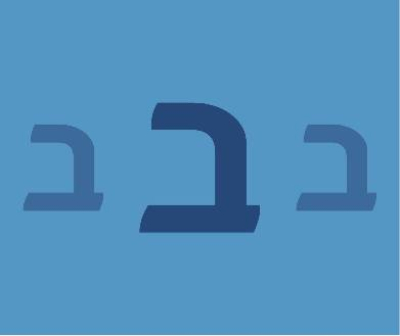
[FALL2025] Beginner III Yiddish (Monday)
This weekly class develops listening, speaking, writing, and reading skills. It is primarily for students who have completed Beginner II Yiddish or equivalent coursework.
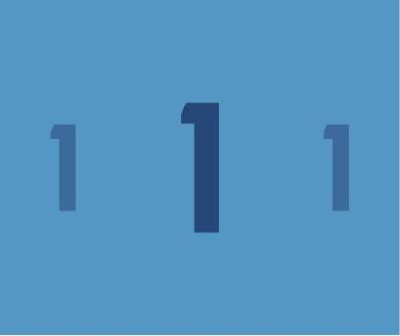
[FALL2025] Advanced III Yiddish (Sunday Evening)
This weekly class enhances listening, speaking, writing, and reading skills. It is primarily for students who have completed Advanced II Yiddish or equivalent coursework.
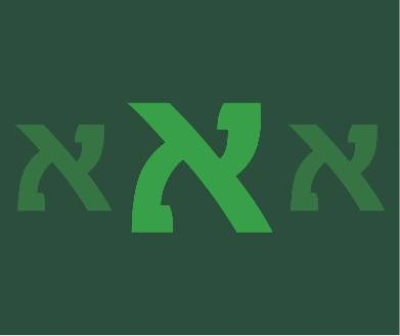
[FALL2025] Beginner II Yiddish (Sunday)
This weekly class develops listening, speaking, writing, and reading skills. It is primarily for students who have completed Beginner I Yiddish or equivalent coursework.
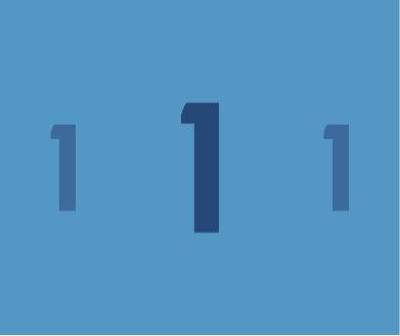
[FALL2025] Advanced III Yiddish (Sunday Afternoon)
This weekly class enhances listening, speaking, writing, and reading skills. It is primarily for students who have completed Advanced II Yiddish or equivalent coursework.
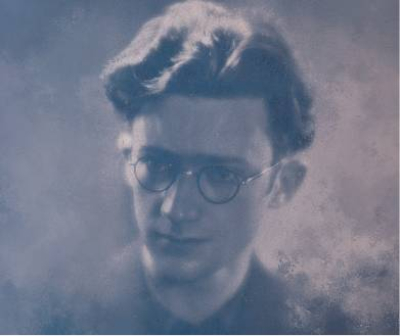
[FALL2025] The Prose Poems of Avrom Sutzkever
Shane Baker explores the short stories of Yiddish writer Avrom Sutzkever, considering his prose from historical, cultural, and literary points of view.
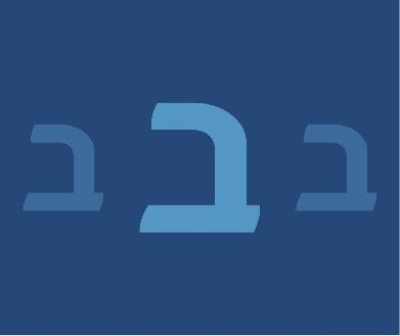
[FALL2025] Beginner IV Yiddish
This weekly class develops listening, speaking, writing, and reading skills. It is primarily for students who have completed Beginner III Yiddish or equivalent coursework.
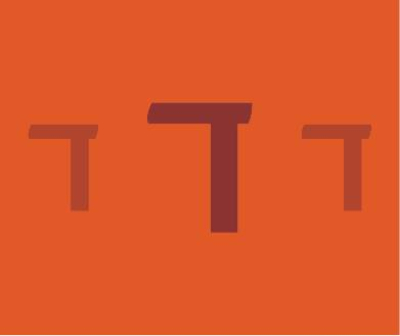
[FALL2025] Intermediate III Yiddish
This weekly class develops listening, speaking, writing, and reading skills. It is primarily for students who have completed Intermediate II Yiddish or equivalent coursework.
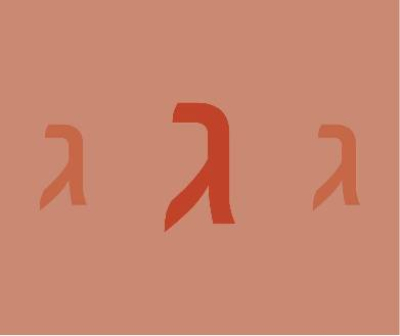
[FALL2025] Intermediate I Yiddish
This weekly class enhances listening, speaking, writing, and reading skills. It is primarily for students who have completed Beginner IV Yiddish or equivalent coursework.
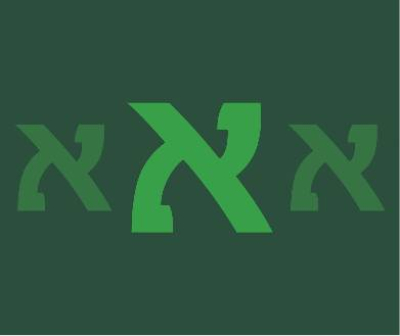
[FALL2025] Beginner II Yiddish (Thursday)
This weekly class enhances listening, speaking, writing, and reading skills. It is primarily for students who have completed Beginner I Yiddish or equivalent coursework.
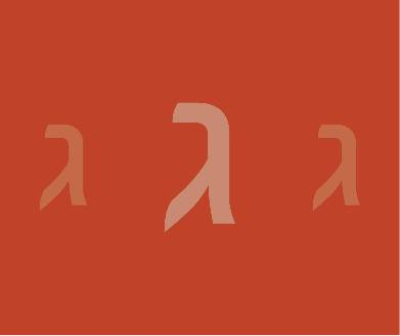
[FALL2025] Intermediate II Yiddish
This weekly class develops listening, speaking, writing, and reading skills. It is primarily for students who have completed Intermediate I Yiddish or equivalent coursework.
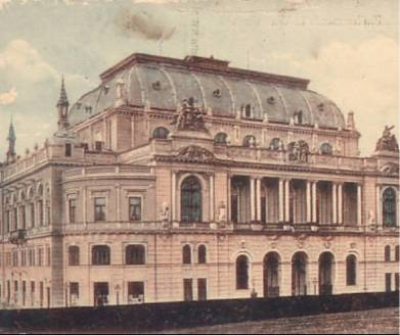
Refugees from World War II: Reclaiming the Music of Polish Composers
Refugees from World War II: Reclaiming the Music of Polish Composers features, among other works, wonderful and compelling Jewish-themed music by Szymon Laks, Mieczysław Weinberg, and Roman Ryterband, all of whom were arrested or fled from Poland during World War II.
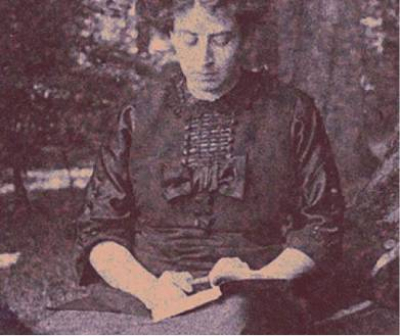
[FALL2025] Readings in Yiddish Prose
Read, listen to, and talk about short stories, essays, journalistic writing, folklore, and more from a literary and linguistic point of view with Vera Szabó.
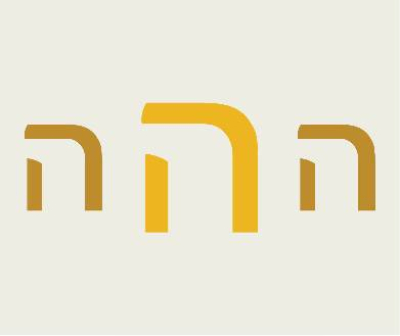
[FALL2025] Advanced Topics in Yiddish Literature & Grammar: Autobiographical Writing in Yiddish
This twice-weekly class enhances listening, speaking, writing, and reading skills. It is primarily for students who have completed Advanced II Yiddish or equivalent coursework.
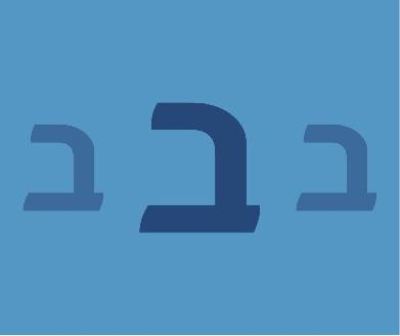
[FALL2025] Beginner III Yiddish (In-person)
This weekly class develops listening, speaking, writing, and reading skills. It is primarily for students who have completed Beginner II Yiddish or equivalent coursework.
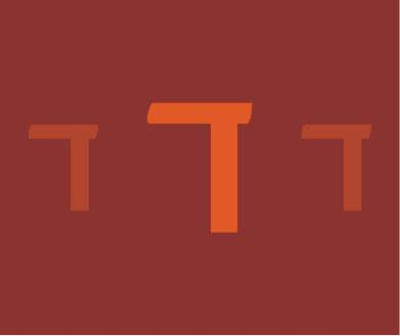
[FALL2025] Intermediate IV Yiddish (Tuesday)
This weekly class enhances listening, speaking, writing, and reading skills. It is primarily for students who have completed Intermediate III Yiddish or equivalent coursework.
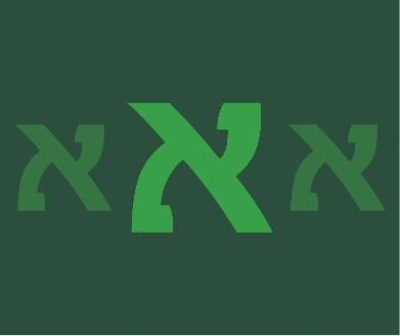
[FALL2025] Beginner II Yiddish (In-person)
This weekly class develops listening, speaking, writing, and reading skills. It is primarily for students who have completed Beginner I Yiddish or equivalent coursework.
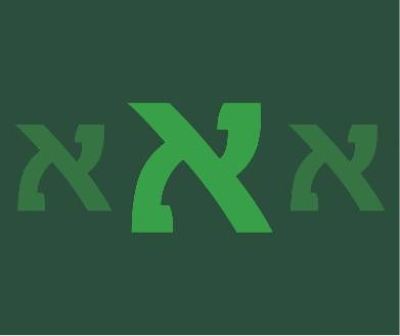
[FALL2025] Beginner II Yiddish (Monday)
This weekly class develops listening, speaking, writing, and reading skills. It is primarily for students who have completed Beginner I Yiddish or equivalent coursework.
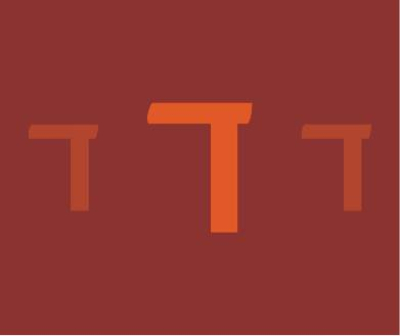
[FALL2025] Intermediate IV Yiddish (Monday)
This weekly class enhances listening, speaking, writing, and reading skills. It is primarily for students who have completed Intermediate III Yiddish or equivalent coursework.

[FALL2025] Advanced I Yiddish (Monday)
This weekly class enhances listening, speaking, writing, and reading skills. It is primarily for students who have completed Intermediate IV Yiddish or equivalent coursework.
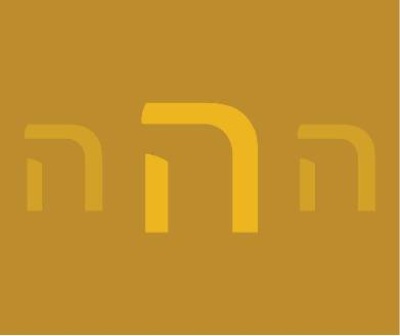
[FALL2025] Advanced II Yiddish
This weekly class enhances listening, speaking, writing, and reading skills. It is primarily for students who have completed Advanced I Yiddish or equivalent coursework.

2025 Study Tour of Northern Italy
Join YIVO on a journey of discovery across northern Italy, exploring the fascinating, troubled, and glorious history of Italian Jews in the northern tier, unfamiliar to most of us.
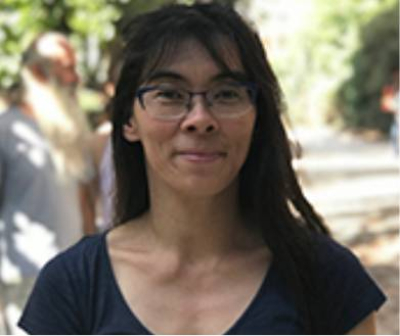
Chaim Grade’s Novel "Sons and Daughters"
Miriam Trinh will discuss her path in life, from Poland to Israel, as well as how she became an expert in Yiddish language and literature.
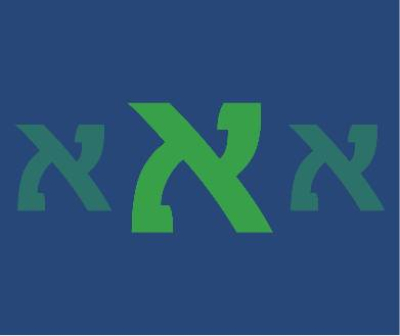
[FALL2025] Alefbeys Workshop
Moishele Alfonso prepares students to start learning Yiddish with an introduction to the Yiddish alphabet, basic reading, writing, and pronunciation.
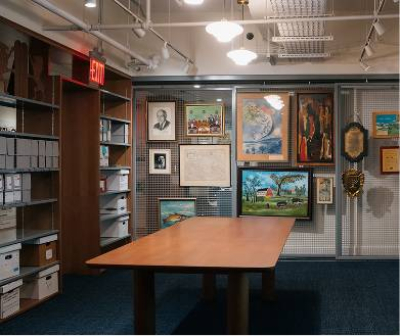
YIVO Learning and Media Center Open House
Everyone is invited to join YIVO for a tour of its new YLMC, a publicly accessible space for visitors to come and explore Jewish history and the YIVO Collections.
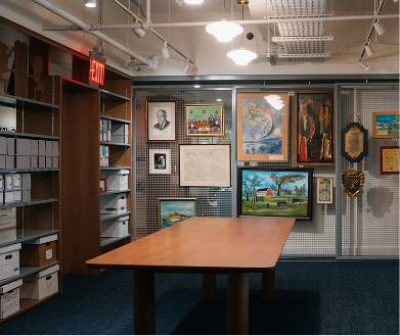
YIVO Learning and Media Center Open House
Educators and their families are invited to join YIVO for a tour of its new YLMC, a publicly accessible space for visitors to come and explore Jewish history and the YIVO Collections.
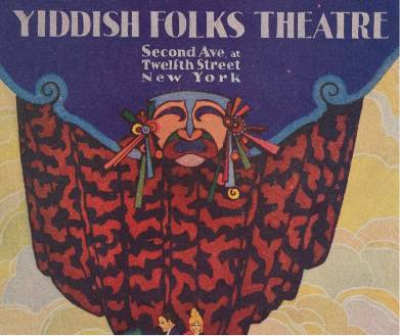
Dancing through Yiddish Literary New York: A Guided Tour
On this guided tour with Yiddish literature and dance scholar Dr. Sonia Gollance, we will visit some key New York dance sites in the footsteps of Yiddish writers and journalists.
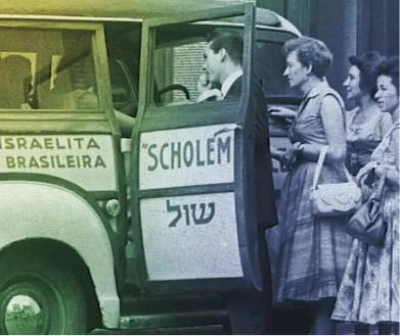
Brazilian Belonging: Jewish Politics in Cold War Latin America
In this presentation, Michael Rom will explore the participation of Brazilian Jews in political movements throughout the Cold War.
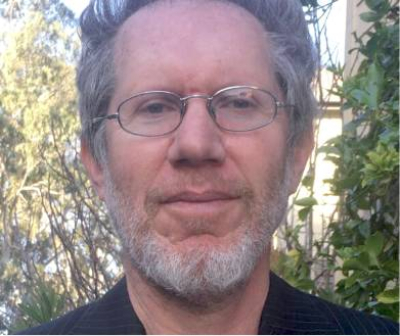
The People’s Torah: Crowd-Sourcing Jewish Customs from An-ski to the Internet
Nathaniel Deutsch will discuss The Digital Minhag Project, an interactive website built around a Yiddish-English version of Sh. An-ski's ethnographic questionnaire, that seeks to crowd-source contemporary Jewish customs, beginning with those still practiced by Hasidic communities.
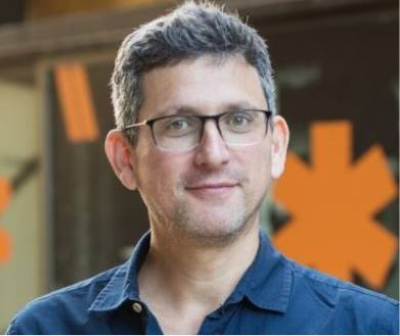
The Yiddish of Jerusalem: The Old Yishuv in the Research of Mordecai Kosover
Yaad Biran discusses Mordecai Kosover’s research demonstrating that the history of Jews of the modern-day Land of Israel began decades before Rishon LeTzion, and that the Jewish community of the Land of Israel was very connected to a worldwide “Yiddishland.”
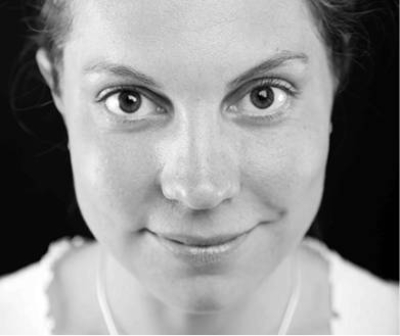
The Red Jews: Intertextuality in a Yiddish Myth
This lecture by Rebekka Voß will trace the journey of the legendary Ten Lost Tribes of Israel through both Jewish and Christian imaginations, from their medieval origins to their presence in Old Yiddish and modern Yiddish literature.
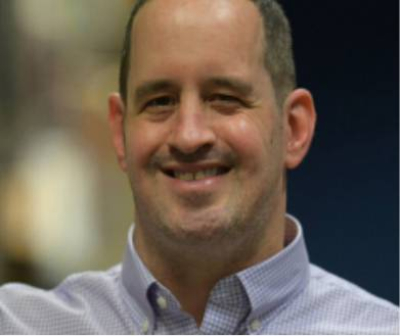
Yiddish Warsaw on the Hudson
This talk by Ofer Dynes will explore how the shared experiences of immigrant Yiddish writers from Poland to America shaped their understanding of the role of Yiddish in American cultural life, how this vision evolved during World War II, and how their reimagining of Yiddish literature’s significance for American Jewry influenced their writings.
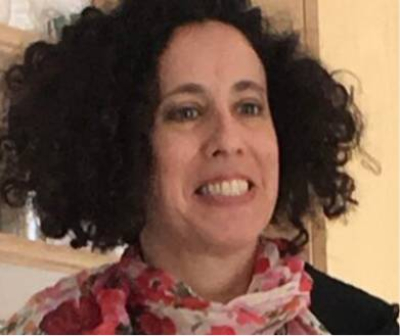
“You had buried me, and I’ve come back!”: Manipulation, Lies, and the Archives of the Cinematic Dybbuk
Through analyses of the films The Dybbuk and The Prince and the Dybbuk, this talk by Zehavit Stern will reflect on the haunting legacy of Eastern European Jewish life and on how cinema can preserve, possess, or lay claim to possession.
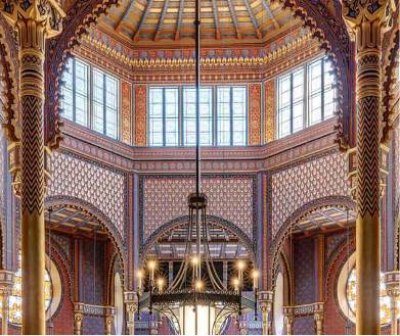
2025 Study Tour of Imperial Cities in Central Europe
Come and explore the rich history of Hungary, Austria, and Germany through a uniquely Jewish lens. This tour will visit beautiful synagogues, unrivaled museums, and landmarks of Jewish religious life and secular genius.
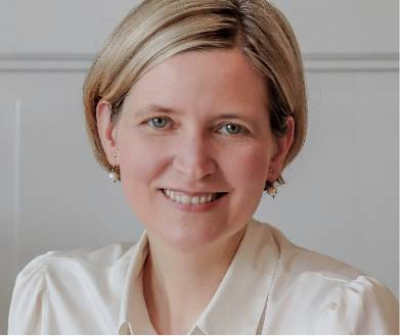
Kine un kloglid – The Yiddish Art of Lamentation in Early Modern Ashkenaz
In this lecture, Diana Matut will delve deep into the history of lamentation in Yiddish song cultures through the exploration of laments, dirges, and elegies.
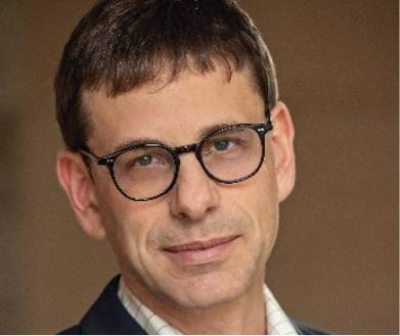
In the Shadow of the Shtetl: Yiddish Memories of Small-Town Jewish Life in Ukraine
Drawing from some 400 Yiddish-language interviews conducted by the Archives of Historical and Ethnographic Yiddish Memories project, Jeffrey Veidlinger will explore how elderly Yiddish speakers described their memories of Jewish life in Soviet Ukraine and of survival during the Holocaust.
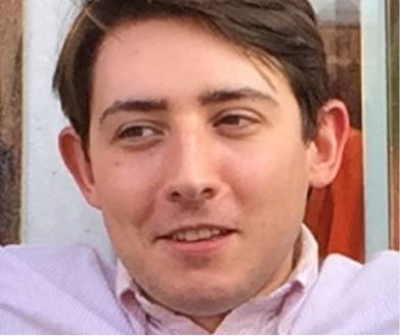
The Poetry of Chaim Grade
This lecture by Joshua Price will provide an overview of the poetry of Chaim Grade, who, although known for his prose writing, published ten volumes of poetry which deal with the most pressing issues of his life and times.
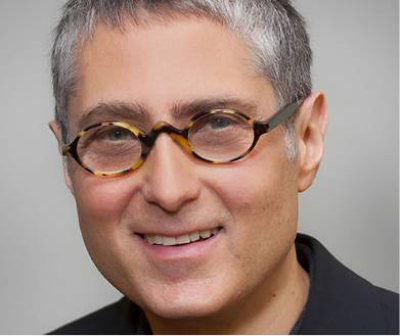
A Turning Point in Remembrance: YIVO in the 1940s
This talk by Jeffrey Shandler will examine some of YIVO’s undertakings during the immediate postwar years, as its leaders forged a new sense of purpose in response to their radically altered circumstances.
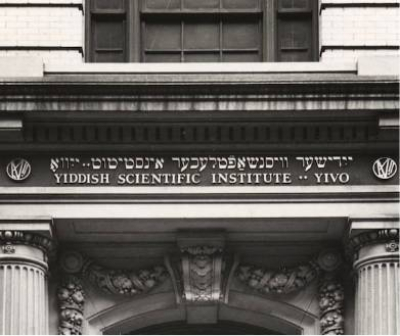
YIVO in America
Join us for a celebration of YIVO’s 100th anniversary with a conference focusing on how YIVO’s founding vision for Jewish social sciences has been realized in America since its headquarters shifted to New York City in 1940.
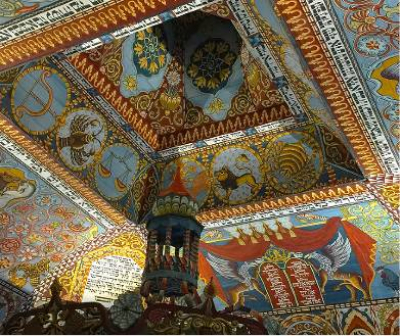
2025 Study Tour of Lithuania & Poland
Join YIVO for an enlightening journey to Lithuania and Poland. Reclaim your heritage as you examine the life that was lived in these lands. View the remarkable history of old Warsaw, Kraków, Vilnius, and Białowieża.
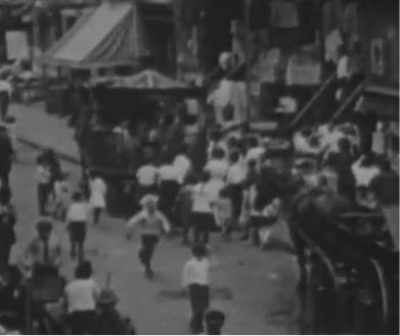
“Nafkes on the Stoop”: Prostitutes’ Impact on the Lower East Side of New York in the Early Twentieth Century
In this lecture, Deena Ecker will explore the intertwined lives of prostitutes with the larger Jewish immigrant community on the Lower East Side in the early-twentieth century.
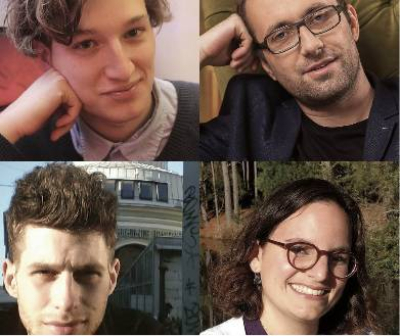
New Trends in YIVO Scholarship
Join YIVO for a panel discussion sharing new research on various historic YIVO initiatives featuring presentations by William Pimlott, Kamil Kijek, and Nicolas Vallois, followed by a conversation led by Jessica Kirzane.
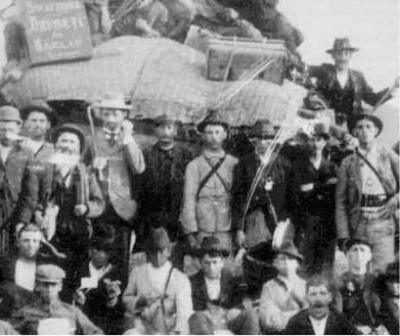
“To America on Foot”: Romanian Jewish Fusgeyers from 1900 in History and Memory
Dana Mihăilescu considers the history and memory of the fusgeyer movement, in which large numbers of impoverished, persecuted Jews suddenly decided to “go on foot” towards the U.S. and Canada.
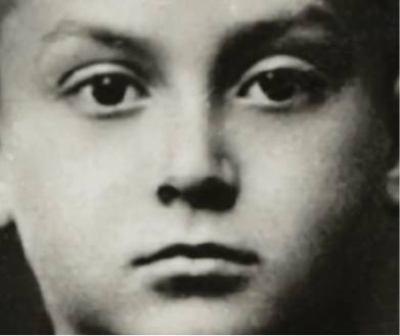
The Rudashevski Diary: Life and Loss in the Vilna Ghetto
Join 92NY and YIVO for an exploration of The Rudashevski Diary with experts discussing its legacy, translation, and insights on Jewish resilience during the Holocaust.
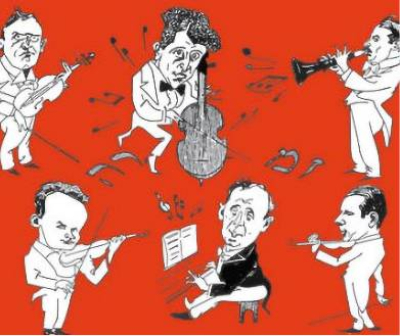
The New Jewish School in Music (1908-1938) as Part of the Jewish Cultural Renaissance
Jascha Nemtsov, in a discussion led by Alex Weiser, examines the fascinating and dramatic history of the New Jewish School of Music, which started with the founding of the Society for Jewish Folk Music in St. Petersburg.
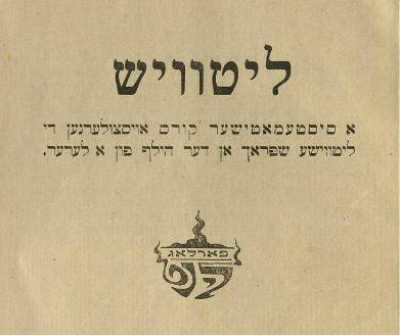
Learning Lithuanian Step by Step: A Jewish Story
This lecture by Jurgita Verbickienė aims to explain the cultural processes that took place primarily in interwar Lithuania and which significantly influenced the linguistic integration of Lithuanian Jews, laying the foundations for their engagement with Lithuanian culture.
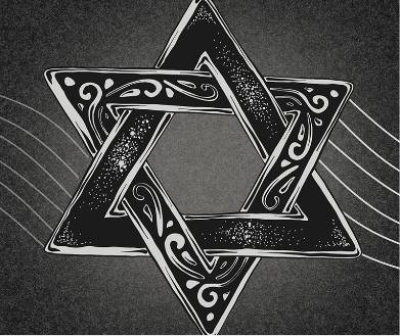
Music, Sound, and Antisemitism
This symposium features presentations that consider the historical and contemporary intersections between music, sound, and antisemitism.
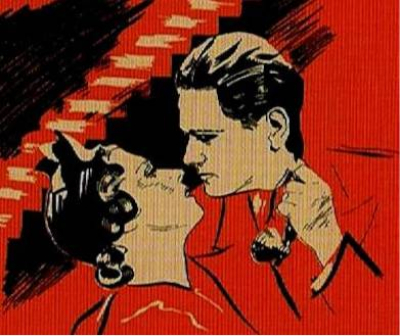
Shkheynim (Neighbors)
Join YIVO and the International Association of Yiddish Clubs for a discussion about the 1937 Polish comedy film Neighbors, complete with Yiddish dubbing and English subtitles.
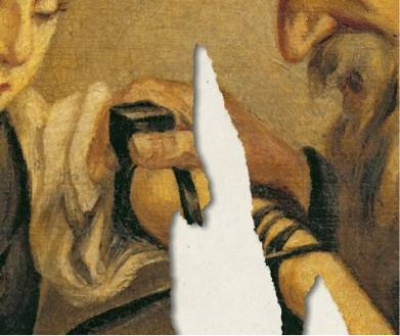
Chaim Grade’s Sons and Daughters
Join 92NY and YIVO for a discussion of acclaimed novelist Chaim Grade’s Sons and Daughters, celebrating the long-awaited English translation of this Tolstoyan masterpiece that chronicles the final decade of a world succumbing to modernity.
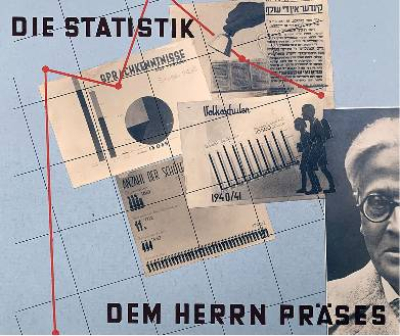
Systemic Yiddish Teaching in the Łódź Ghetto: Successes and Failures
In this lecture, Monika Polit will consider the surviving documentation left by the Ghetto School Department and other texts produced by the administration of the Łódź Ghetto in order to elucidate the phenomenon of Yiddish as a language of instruction in the ghetto school system.
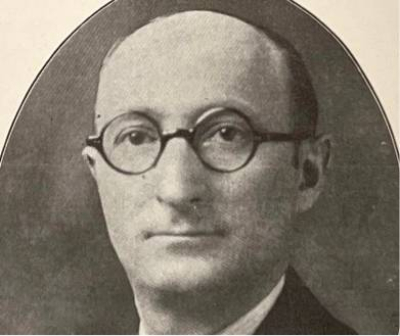
Immigrant Jewish Musicians and New York Mutual Aid Societies, 1920s-1960s
In this lecture, Dan Carkner will give an overview of the relationships between immigrant Jewish musicians and Jewish mutual aid societies in New York City from the 1910s to the 1960s.
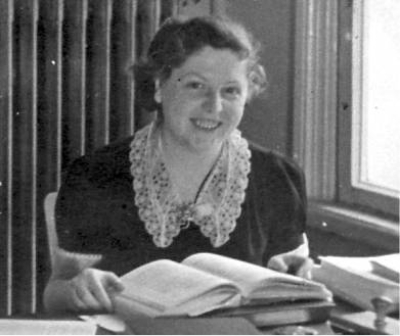
The Making of a Historian of East European Jewry and the Holocaust: Lucy S. Dawidowicz and the YIVO in Vilna, New York, and Offenbach
This talk by Nancy Sinkoff will explore the influence of the YIVO on Lucy S. Dawidowicz (1915-1990), a postwar American Jewish public intellectual and historian, who was central to the field that is now called “Holocaust Studies.”
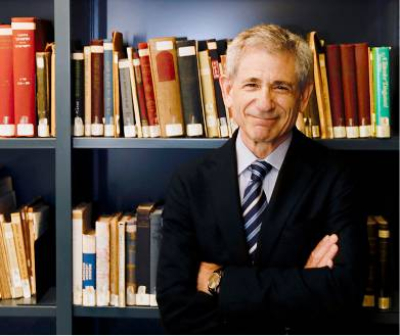
Person Place Thing with Jonathan Brent
YIVO Executive Director Jonathan Brent and Randy Cohen discuss three objects from the YIVO Archives, with live music performed by Jardena Gertler-Jaffe and Bethany Pietroniro.
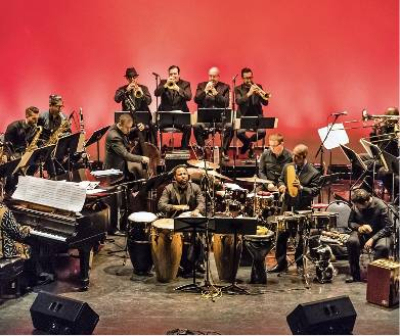
Falafel, Freilach and Frijoles: From Mambo to Borscht
Enjoy a concert performed by Arturo O’Farrill and his Afro Latin Jazz Ensemble featuring Jewish and Yiddish classics in Afro Latin big band versions and Latin classics in Klezmer arrangements.
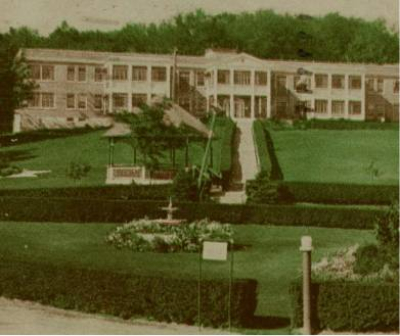
The Yiddish Patient: Postwar Illness and the Sanatorium in Daniel Charney’s Oyfn shvel fun yener velt
This talk examines the life and work of memoirist, poet, and journalist Daniel Charney (1888-1959), with a focus on his time at the Arbeter Ring (Workmen’s Circle) tuberculosis sanatorium in Liberty, New York in the mid-1940s.
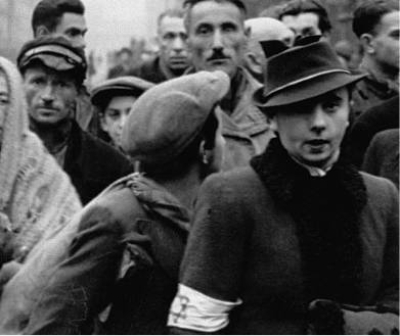
Warsaw Testament by Rokhl Auerbach
Samuel Kassow discusses his new translation of writer Rokhl Auerbach’s memoir, Warsaw Testament, which paints a vivid portrait of the city’s prewar Yiddish literary and artistic community and of its destruction at the hands of the Nazis.
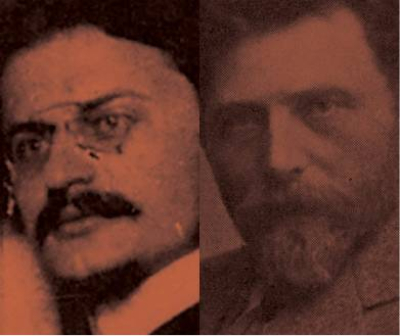
Two Revolutionary Jews: Leon Trotsky and Chaim Zhitlowsky
Tony Michels analyzes left-wing Jewish politics since the 19th century, focusing on the seminal Jewish Russian revolutionaries Leon Trotsky and Chaim Zhitlowsky and their radically different answers to the predicament of modern Jewry.
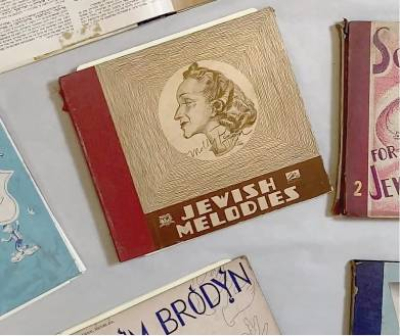
The YIVO Sound Archive and the Klezmer Revival
YIVO sound archivist Eléonore Biezunski tells the story of the Max and Frieda Weinstein Archive of YIVO Sound Recordings in relation to the revitalization of klezmer music since the mid-1970s.
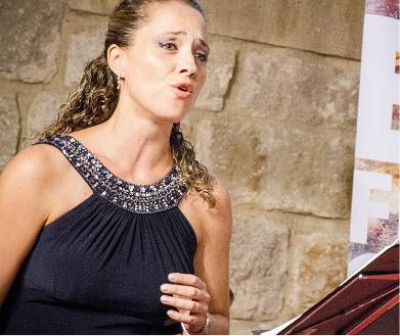
An Evening of Sephardic Art Song
In this two-part event, Dr. Lori Şen will present an overview of the Sephardic art song genre. Zoë Johnstone Stewart (guitar) and Andrew Stewart (piano) will join Şen for a performance after the lecture.
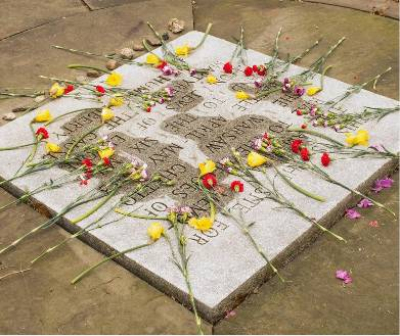
Commemoration of the 82nd Anniversary of the Warsaw Ghetto Uprising at Der Shteyn
The Congress for Jewish Culture, Friends of the Bund, the Jewish Labor Committee, Workers Circle, and YIVO join together to commemorate and remember the bravery of the partisans of the Warsaw Ghetto. This event takes place in Warsaw Ghetto Memorial Plaza in Riverside Park, NYC.
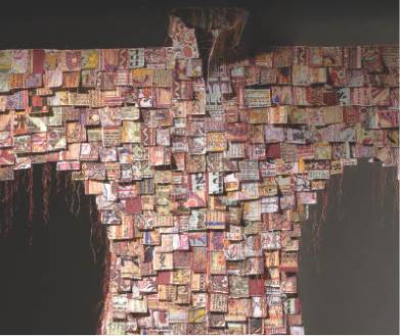
Agunot in the Ashkenazi Realm, 1648-1850
By studying the plight of agunot, Noa Shashar sheds light on Jewish family life in the early modern era and on the activity of the rabbinic experts with the authority to free an agunah.
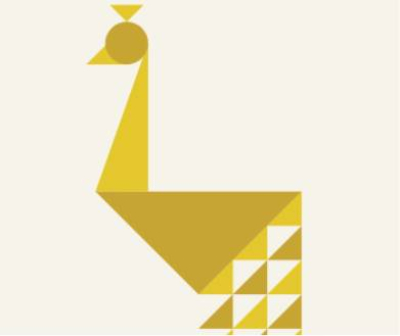
Yiddish Studies in the Digital Age: 10 Years of In geveb
Celebrate the 10-year anniversary of In geveb: A Journal of Yiddish Studies with a discussion by Jessica Kirzane, Madeleine Cohen, Elena Hoffenberg, Eitan Kensky, Eddy Portnoy, and Rachel Rubinstein.
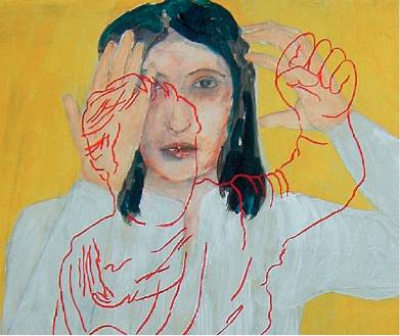
The Dybbuk, or Between Two Worlds
Through his haunting and evocative score, Ofer Ben-Amots offers an operatic reimagining of Sh. An-ski’s masterpiece of the Yiddish theatrical canon, in this performance by students from The New School.
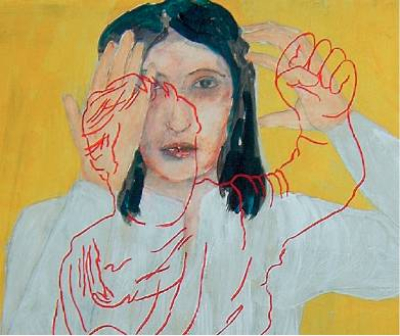
The Dybbuk, or Between Two Worlds
Through his haunting and evocative score, Ofer Ben-Amots offers an operatic reimagining of Sh. An-ski’s masterpiece of the Yiddish theatrical canon, in this performance by students from The New School.
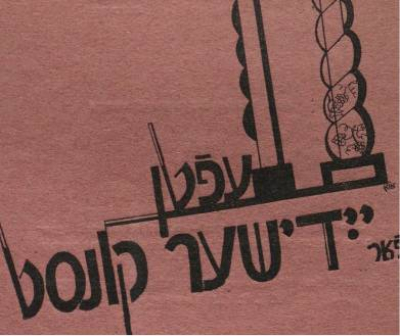
A Trip into the Archive: The Case of Otto Schneid
Alyssa Quint discusses art historian Otto Schneid and the creation of YIVO’s Museum of Jewish Art, Judaica, and Art History, a defunct project from the early days of the Institute.
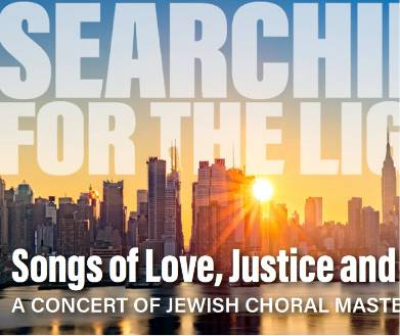
Searching for the Light: Songs of Love, Justice and Peace
Join the American Society for Jewish Music and YIVO for a free concert of Jewish choral masterpieces, featuring the magnificent voices of students from the Hebrew Union College and the Jewish Theological Seminary.
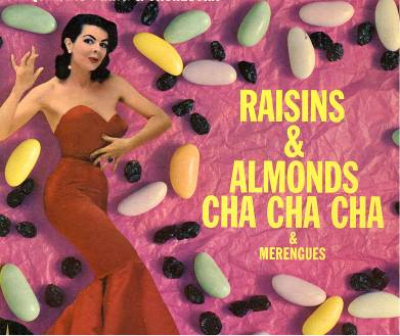
Yiddish Tangos and Klezmer Mambos
Join YIVO for a panel discussion with Ronald Robboy, Sonia Gollance, and Josh Kun, as they explore the remarkable influence of Latin American music and dance on the culture of Yiddish speaking communities in the United States.
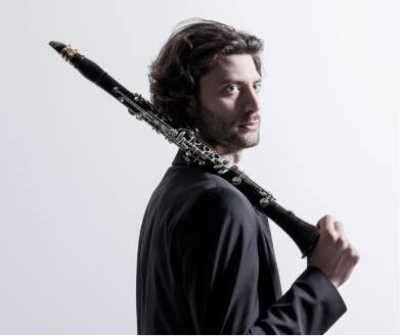
Andrzej Ciepliński Plays Jewish Clarinet Masterworks
Distinguished Warsaw-based clarinetist Andrzej Ciepliński performs a rare American recital performing Jewish classical music masterworks, joined by cellist Julian Schwarz, pianist Marika Bournaki, and others.
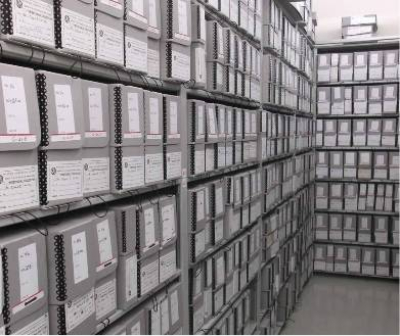
Yiddish in the Americas: Celebrating IWO and YIVO in the Western Hemisphere
Celebrate IWO in Buenos Aires and YIVO in New York: two prestigious institutions cultivating Yiddish cultures in the Americas through archival preservation, librarianship, scholarship, art, and support for community events. Director of the YIVO Archives Stefanie Halpern and IWO Director Silvia Hansman will discuss the history of their institutions and ongoing projects.
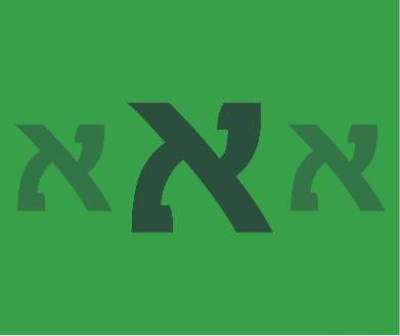
[SPR2025] Beginner I Yiddish (Thursday)
This weekly class covers the alef-beys and grammar, vocabulary, and conversational basics. It is for those who are new to the Yiddish language or would like a review.
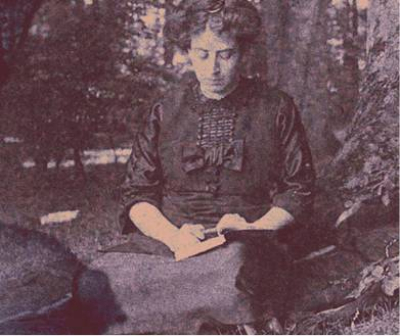
[SPR2025] Readings in Yiddish Prose
Read, listen to, and talk about short stories, essays, journalistic writing, folklore, and more from a literary and linguistic point of view with Vera Szabó.
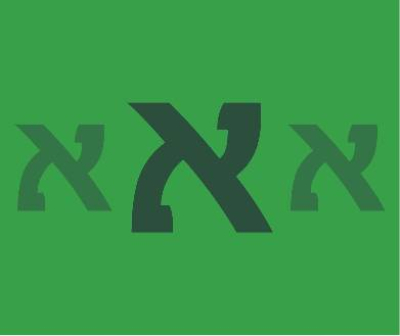
[SPR2025] Beginner I Yiddish (Tuesday In-person)
This weekly class covers the alef-beys and grammar, vocabulary, and conversational basics. It is for those who are new to the Yiddish language or would like a review.
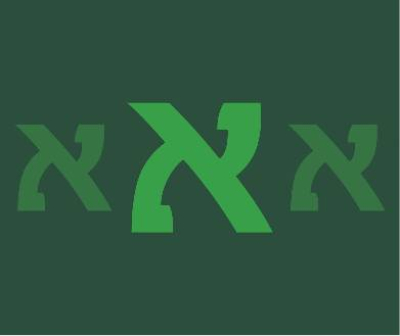
[SPR2025] Beginner II Yiddish (In-person)
This weekly class develops listening, speaking, writing, and reading skills. It is primarily for students who have completed Beginner I Yiddish or equivalent coursework.
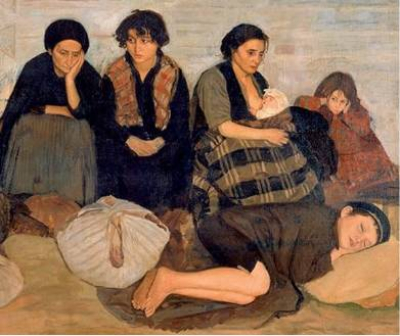
Russia’s Jews in World War I
Polly Zavadivker uncovers the history of Jews in the Russian Empire by revealing the stories of how Jewish civilians experienced World War I and its violent epicenter on the Eastern Front, in a discussion moderated by Eliyana Adler.
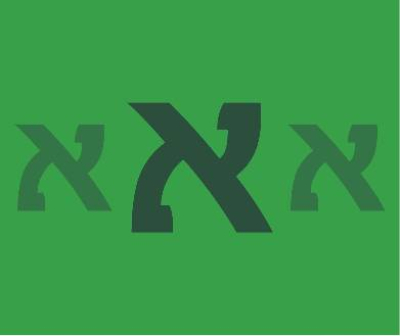
[SPR2025] Beginner I Yiddish (Tuesday)
This weekly class covers the alef-beys and grammar, vocabulary, and conversational basics. It is for those who are new to the Yiddish language or would like a review.
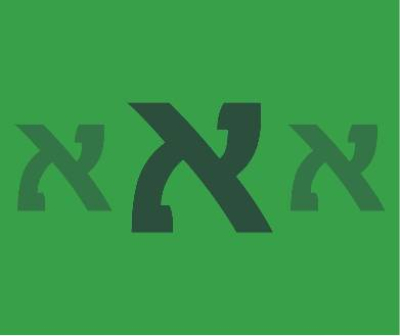
[SPR2025] Beginner I Yiddish (Monday In-person)
This weekly class covers the alef-beys and grammar, vocabulary, and conversational basics. It is for those who are new to the Yiddish language or would like a review.
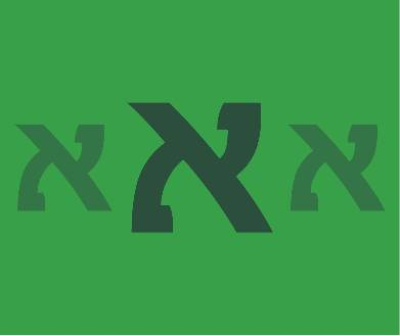
[SPR2025] Beginner I Yiddish (Monday)
This weekly class covers the alef-beys and grammar, vocabulary, and conversational basics. It is for those who are new to the Yiddish language or would like a review.
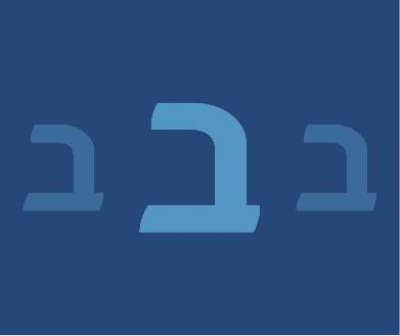
[SPR2025] Beginner IV Yiddish (In-person)
This weekly class enhances listening, speaking, writing, and reading skills. It is primarily for students who have completed Beginner III Yiddish or equivalent coursework.
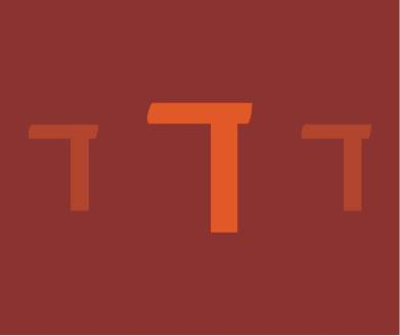
[SPR2025] Intermediate IV Yiddish (Monday Afternoon)
This weekly class enhances listening, speaking, writing, and reading skills. It is primarily for students who have completed Intermediate III Yiddish or equivalent coursework.
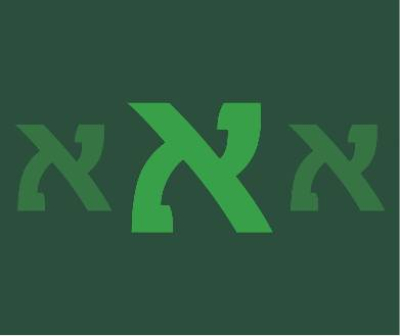
[SPR2025] Beginner II Yiddish (Monday)
This weekly class develops listening, speaking, writing, and reading skills. It is primarily for students who have completed Beginner I Yiddish or equivalent coursework.
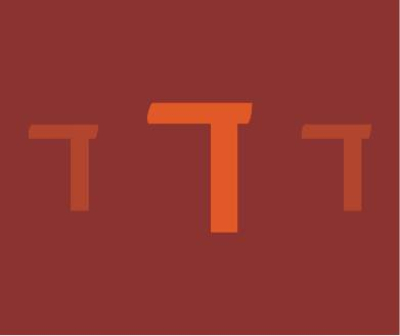
[SPR2025] Intermediate IV Yiddish (Monday Morning)
This weekly class enhances listening, speaking, writing, and reading skills. It is primarily for students who have completed Intermediate III Yiddish or equivalent coursework.

[SPR2025] Advanced I Yiddish
This weekly class enhances listening, speaking, writing, and reading skills. It is primarily for students who have completed Intermediate IV Yiddish or equivalent coursework.
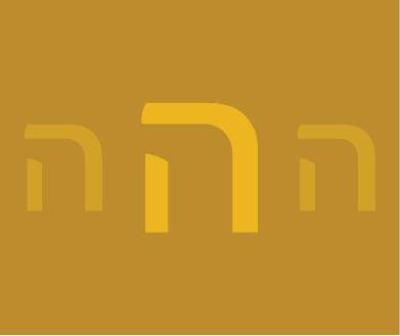
[SPR2025] Advanced II Yiddish (Sunday Evening)
This weekly class enhances listening, speaking, writing, and reading skills. It is primarily for students who have completed Advanced I Yiddish or equivalent coursework.
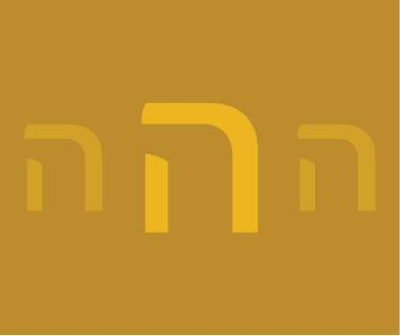
[SPR2025] Advanced II Yiddish (Sunday Afternoon)
This weekly class enhances listening, speaking, writing, and reading skills. It is primarily for students who have completed Advanced I Yiddish or equivalent coursework.
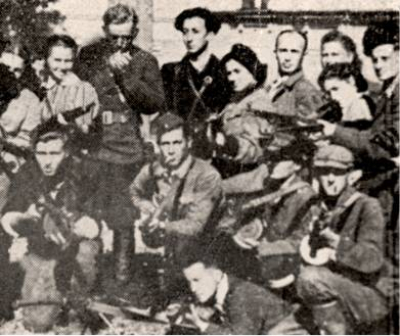
[SPR2025] Victims, Refugees, Soldiers: East European Jews at War
Aleksandra Jakubczak explores the complex and often precarious experiences of Jews in Eastern Europe, a region marked by centuries of military conflict and shifting political power.
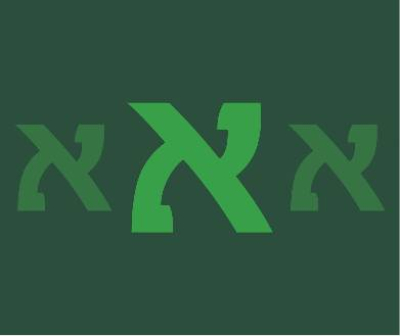
[SPR2025] Beginner II Yiddish (Sunday Afternoon)
This weekly class develops listening, speaking, writing, and reading skills. It is primarily for students who have completed Beginner I Yiddish or equivalent coursework.
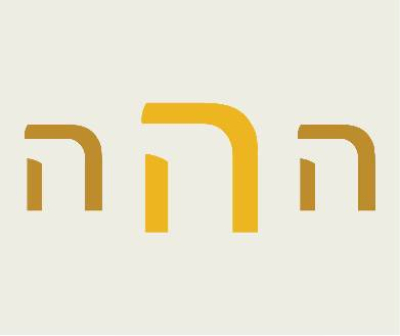
[SPR2025] Advanced Topics in Yiddish Literature & Grammar: The Generation Gap
This weekly class enhances listening, speaking, writing, and reading skills. It is is appropriate for Yiddish students at the advanced level.
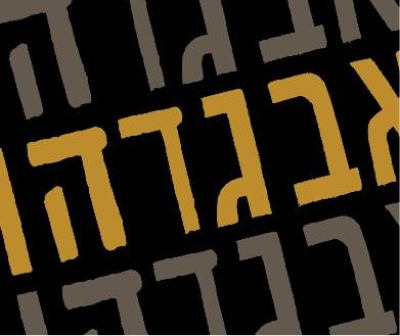
2025 Summer Program Information Session - Advanced Levels
Are you thinking of returning to the Summer Program to continue your advanced studies? Join Summer Program faculty and staff for a brief information session about YIVO’s advanced levels.
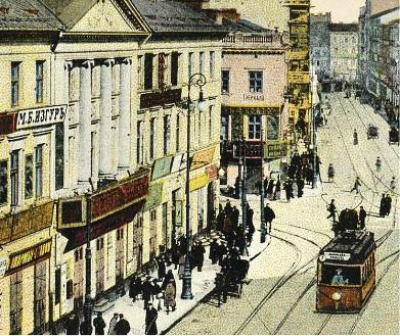
[SPR2025] Jewish Warsaw
Samuel Glauber uses Jewish Warsaw as a lens by which to study the larger movements that characterized Jewish life in Eastern Europe in the 19th and early 20th centuries.
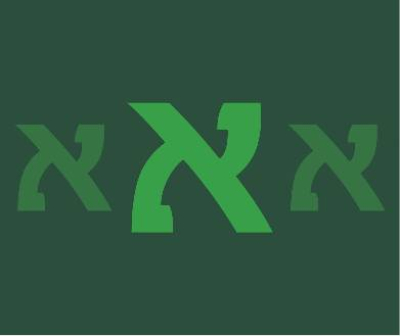
[SPR2025] Beginner II Yiddish (Sunday Morning)
This weekly class develops listening, speaking, writing, and reading skills. It is primarily for students who have completed Beginner I Yiddish or equivalent coursework.
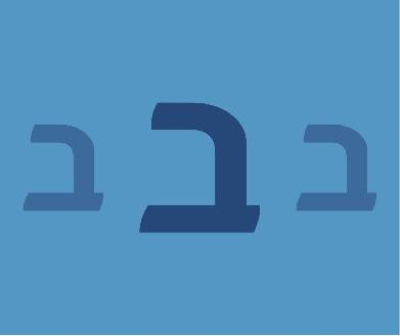
[SPR2025] Beginner III Yiddish
This weekly class develops listening, speaking, writing, and reading skills. It is primarily for students who have completed Beginner II Yiddish or equivalent coursework.
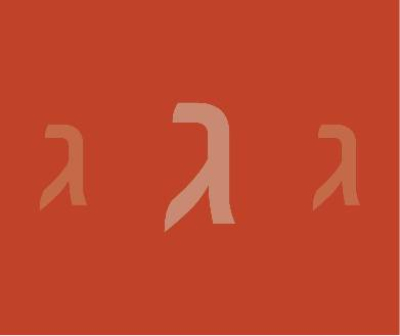
[SPR2025] Intermediate II Yiddish
This weekly class enhances listening, speaking, writing, and reading skills. It is primarily for students who have completed Intermediate I Yiddish or equivalent coursework.
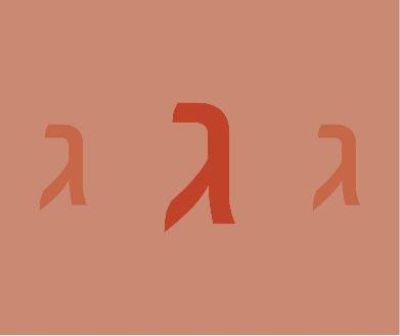
[SPR2025] Intermediate I Yiddish (Sunday)
This weekly class enhances listening, speaking, writing, and reading skills. It is primarily for students who have completed Beginner IV Yiddish or equivalent coursework.
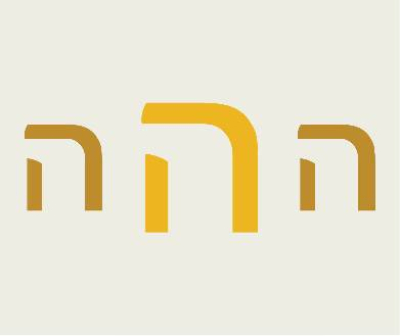
[SPR2025] Advanced Topics in Yiddish Literature & Grammar: Autobiographical Writing in Yiddish
This twice-weekly class enhances listening, speaking, writing, and reading skills. It is primarily for students who have completed Intensive Advanced II Yiddish or equivalent coursework.
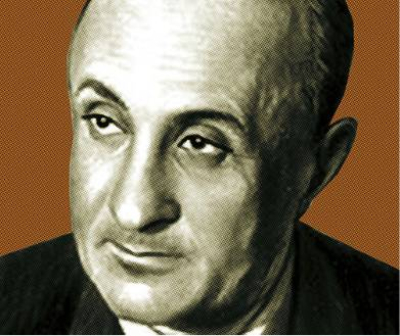
[SPR2025] The Poetry of Dovid Hofshteyn
Eugene Orenstein analyzes selected texts by Dovid Hofshteyn in order to appreciate the genius of his poetics and the synthesis of his Jewishness and universalism.
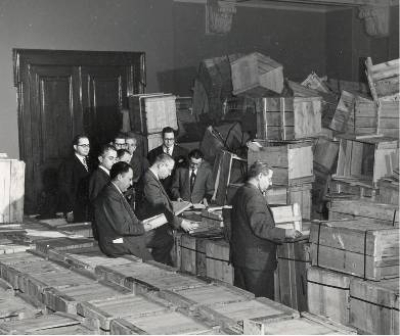
The YIVO Library in New York: Personal Reflections on Its History and Collections
Zachary M. Baker offers personal reflections on the legacy of the YIVO Library, focusing on its collections and leading personalities after its move to New York City in 1940.
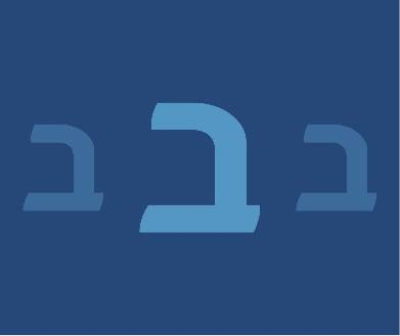
[SPR2025] Beginner IV Yiddish (Tuesday)
This weekly class develops listening, speaking, writing, and reading skills. It is primarily for students who have completed Beginner III Yiddish or equivalent coursework.
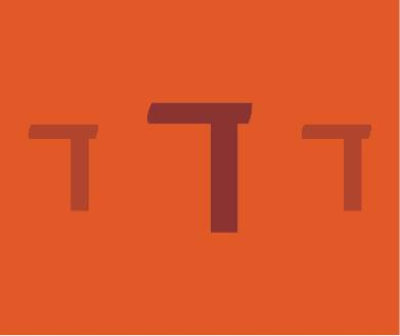
[SPR2025] Intermediate III Yiddish (Tuesday)
This weekly class enhances listening, speaking, writing, and reading skills. It is primarily for students who have completed Intermediate II Yiddish or equivalent coursework.
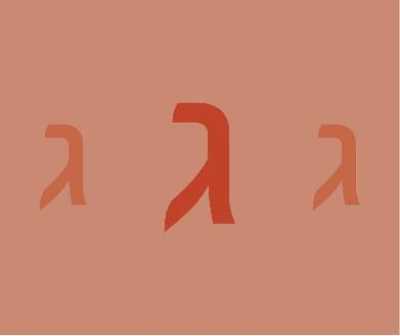
[SPR2025] Intermediate I Yiddish (Tuesday)
This weekly class enhances listening, speaking, writing, and reading skills. It is primarily for students who have completed Beginner IV Yiddish or equivalent coursework.
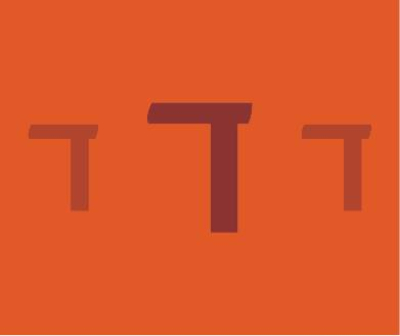
[SPR2025] Intermediate III Yiddish (Monday)
This weekly class enhances listening, speaking, writing, and reading skills. It is primarily for students who have completed Intermediate II Yiddish or equivalent coursework.
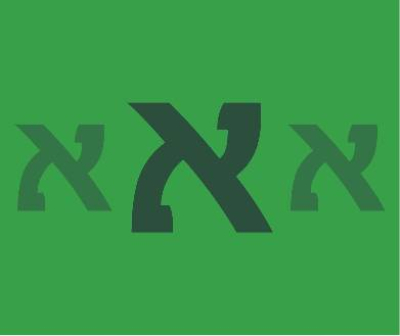
[SPR2025] Beginner I Yiddish (Sunday)
This weekly class covers the alef-beys and grammar, vocabulary, and conversational basics. It is for those who are new to the Yiddish language or would like a review.
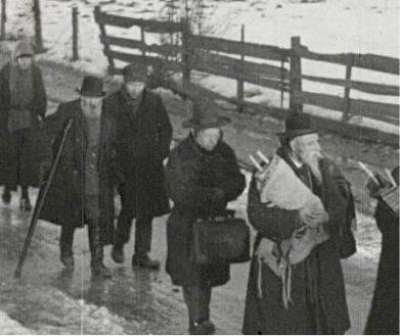
The City Without Jews: A Cine-Concert with Live Original Music Performed by Alicia Svigals and Donald Sosin
Join the Jewish Music Forum and YIVO for a screening of The City Without Jews accompanied by live original music composed and performed by world-renowned klezmer violinist Alicia Svigals and celebrated silent film pianist Donald Sosin. A Q&A session with the musicians will follow the cine-concert.
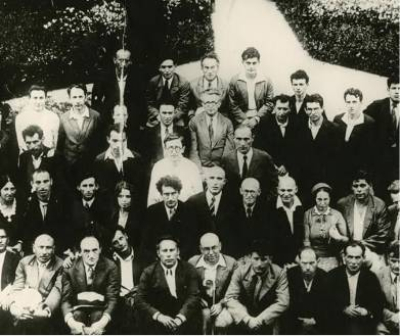
Yiddish Literature Under Surveillance in Soviet Ukraine
Gennady Estraikh discusses Soviet Jewish literary life and the repression suffered by Yiddish writers under Stalinist rule, in a discussion led by Mikhail Krutikov.
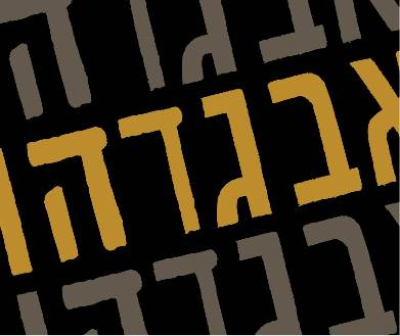
2025 Summer Program Information Session
Have you always wanted to study Yiddish at the YIVO-Bard Summer Program? Are you wondering what it would be like to take the program online or in person? Join faculty and staff of the Summer Program for a brief information session.
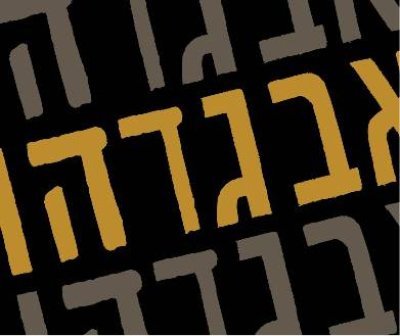
2025 Summer Program Information Session
Have you always wanted to study Yiddish at the YIVO-Bard Summer Program? Are you wondering what it would be like to take the program online or in person? Join faculty and staff of the Summer Program for a brief information session.
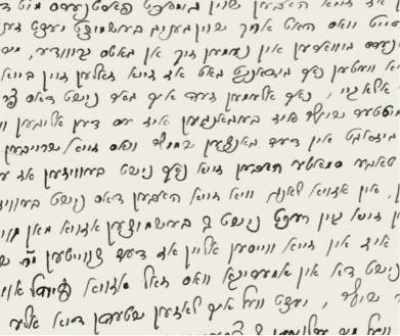
“America – A New World for Jewish Children”: An Unknown Letter by Sholem Aleichem in the YIVO Archives
Yael Levi examines an unpublished letter by Sholem Aleichem, situating it within the historical and cultural context of his biography and epistolary legacy, with a particular focus on the pivotal period of Jewish migration and the experience of East European Jewish children in America.
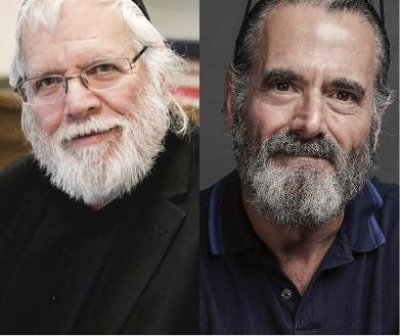
Person Place Thing with Zalmen Mlotek and Steven Skybell
Join YIVO and the National Yiddish Theatre Folksbiene for a recording of the public radio show, Person Place Thing, with actor Steven Skybell and Artistic Director of the NYTF Zalmen Mlotek, hosted by humorist Randy Cohen
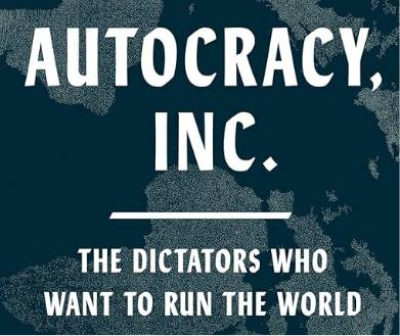
Autocracies in the 21st Century
For the 2025 Winter Program Keynote, Anne Applebaum and Jonathan Brent discuss how autocracies have evolved in the 21st century.
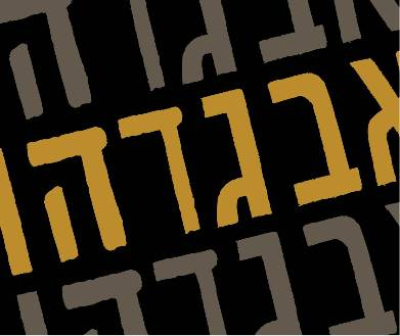
2025 Summer Program Information Session
Have you always wanted to study Yiddish at the YIVO-Bard Summer Program? Are you wondering what it would be like to take the program online or in person? Join faculty and staff of the Summer Program for a brief information session.
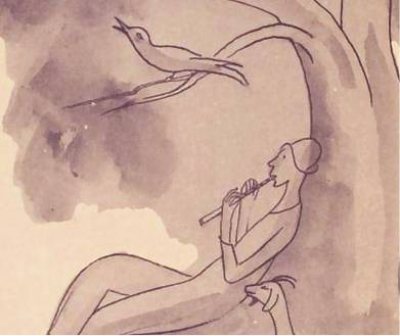
[WY2025] Seasons in Yiddish Song
Perl Teitelbaum explores folksongs passed down from generation to generation and songs by beloved poets and composers.
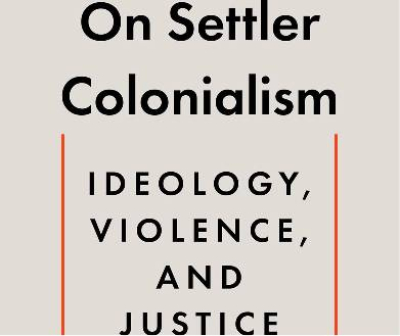
On Settler Colonialism: Ideology, Violence, and Justice
Adam Kirsch shows how the concept of settler colonialism emerged in the context of North American and Australian history and how it is being applied to Israel today.
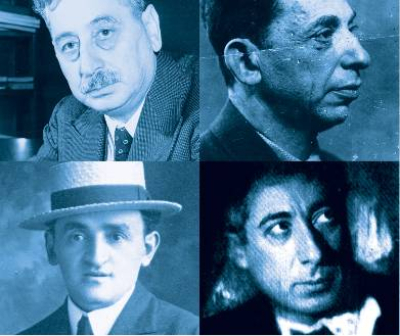
[WY2025] Contrasting Styles, Common Themes: A Taste of Modern Yiddish Prose
Eugene Orenstein explores the development of a modern Yiddish prose style as seen in stories by Sholem Asch, Dovid Bergelson, Yosef Opatoshu, and Moyshe Nadir.
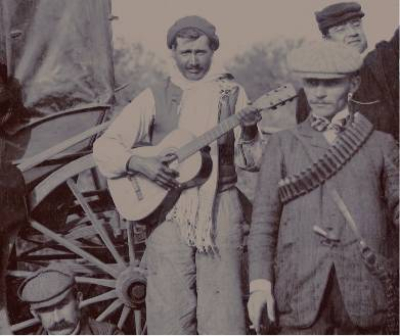
[WY2025] Yiddish Argentina: Countryside, City, Stage, and Tango – A YIVO Centennial Retrospective
Abraham Lichtenbaum delves into the history of the Jewish population, Yiddish language and culture, and YIVO in Argentina.
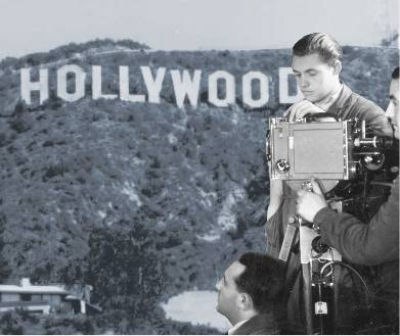
[WP2025] Entertaining America: Jews and Hollywood
J. Hoberman examines the relationship between Jews and Hollywood, as producers, artists, and symbolic figures.
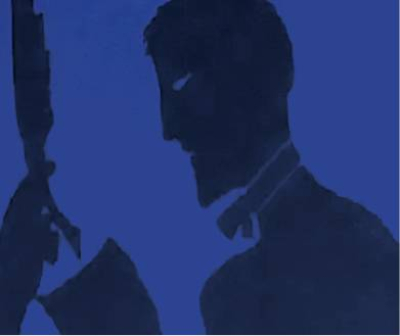
[WP2025] Encounters with Mephistopheles
Jonathan Brent explores the ultimate source of evil as it has been visualized and understood in the twentieth century by Thomas Mann and Arnošt Lustig whose works evolved out of their immediate experiences with Nazi totalitarianism.
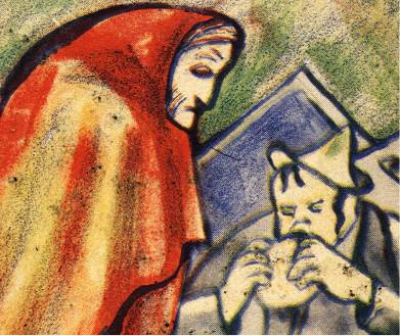
[WY2025] Yiddish Folktales
Vera Szabó studies Yiddish folktales for a glimpse into the spoken language, as well as thoughts, desires, fears, and fantasies of those who told and listened to them.
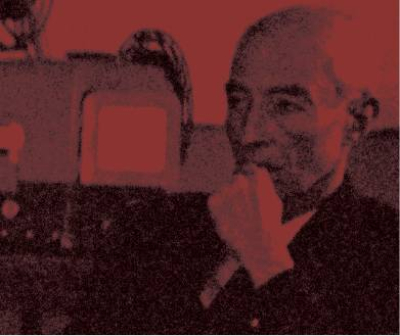
[WP2025] Jewish Intellectuals and the Birth of the Nuclear Era
Alex Wellerstein tracks the key figures, ethical debates, and geopolitical influences of Jewish scientists on the creation, proliferation, and plans for the use of nuclear weapons, beginning with the rise of Jewish prominence in theoretical physics in the early 1900s.
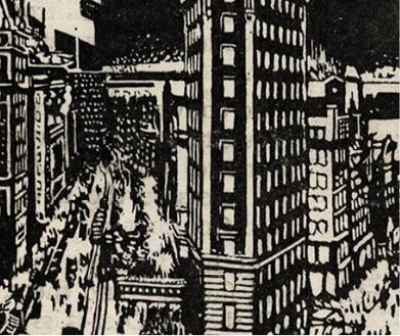
[WY2025] The Lullaby of Second Avenue: Yiddish Urban Theater (Tuesday)
Mikhl Yashinsky examines a series of powerful theatrical scenes to explore the motivating forces and inspiration behind their creation.
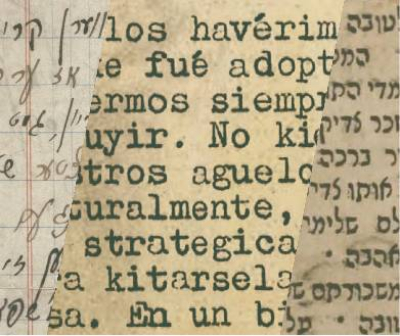
[WP2025] Jewish Languages
Ilan Stavans tackles questions such as what constitutes a Jewish language, why have some developed more than others, when and where Jewish languages emerge from, and how Jewish languages die, if and when they do.
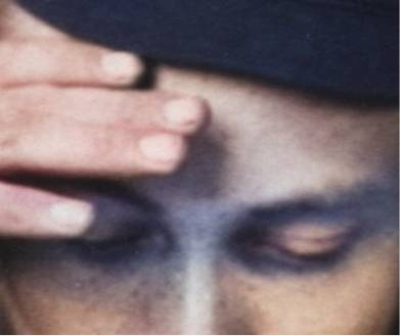
[WP2025] Making and Unmaking Jews in our Post-Pandemic Age of Antisemitism
Sander Gilman discusses the ever-shifting meaning of being a Jew in our contemporary debates about antisemitism, looking at the continuities and discontinuities both among those who define themselves as Jewish and those who seek to define Jews, both from within and without.
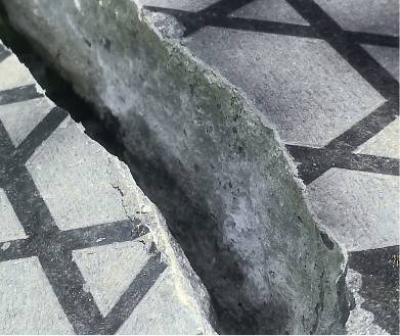
[WP2025] Whitewash: Holocaust Distortion in Poland and Beyond
Jan Grabowski sheds light on the origins of Holocaust distortion as well as its impact on Holocaust memory and Holocaust education in Poland, in Europe, and beyond.
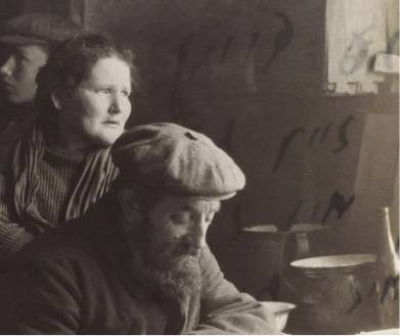
[WP2025] Desire in Yiddish Literature
Anita Norich explores a range of familiar and unfamiliar Yiddish stories and poems to consider how Yiddish writers responded to the social and political issues of their day: emigration/immigration, various forms of nationalism, socialism, religious belief, and rejection of religious observance.
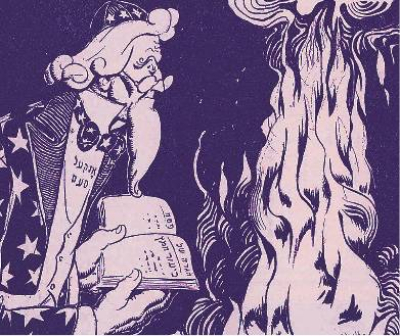
[WP2025] In the Aftermath of the National Origins Act, 1924-1928
Hasia Diner examines landmark moments in the half decade between the passage of the National Origins Act and the 1929 onset of the Great Depression that shaped Jewish life in America.
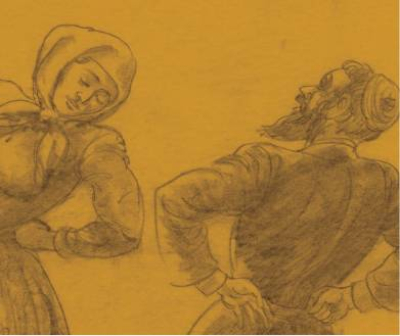
[WP2025] Outside the Synagogue: Traditional Songs and Nigunim of Eastern Yiddish Speakers
Michael Lukin explores the various genres of Yiddish folk songs and old Hasidic wordless nigunim, including ballads, folk paraphrases, cumulative songs, lullabies, lyric songs, and “cleaving nigunim,” as well as dance, march, and joy-nigunim.
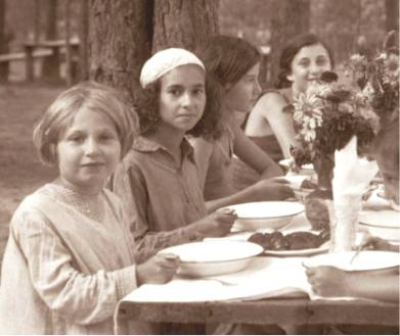
[WY2025] Introduction to Ashkenazi Jewish Foodways
Eve Jochnowitz examines how Ashkenazic foodways, along with the Yiddish language and the rhythms of Jewish practice, formed the medium in which Jewish life was and is lived in the Yiddish world.
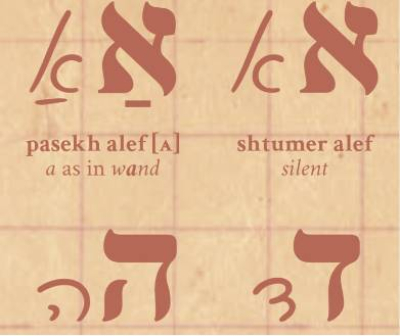
[WY2025] Alefbeys Workshop
Josh Price prepares students to start learning Yiddish with an introduction to the Yiddish alphabet, basic reading, writing, and pronunciation.
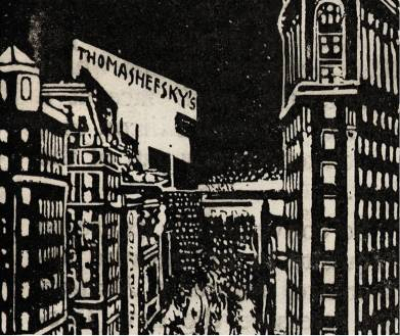
[WY2025] The Lullaby of Second Avenue: Yiddish Urban Theater (Sunday)
Mikhl Yashinsky examines a series of powerful theatrical scenes to explore the motivating forces and inspiration behind their creation.




